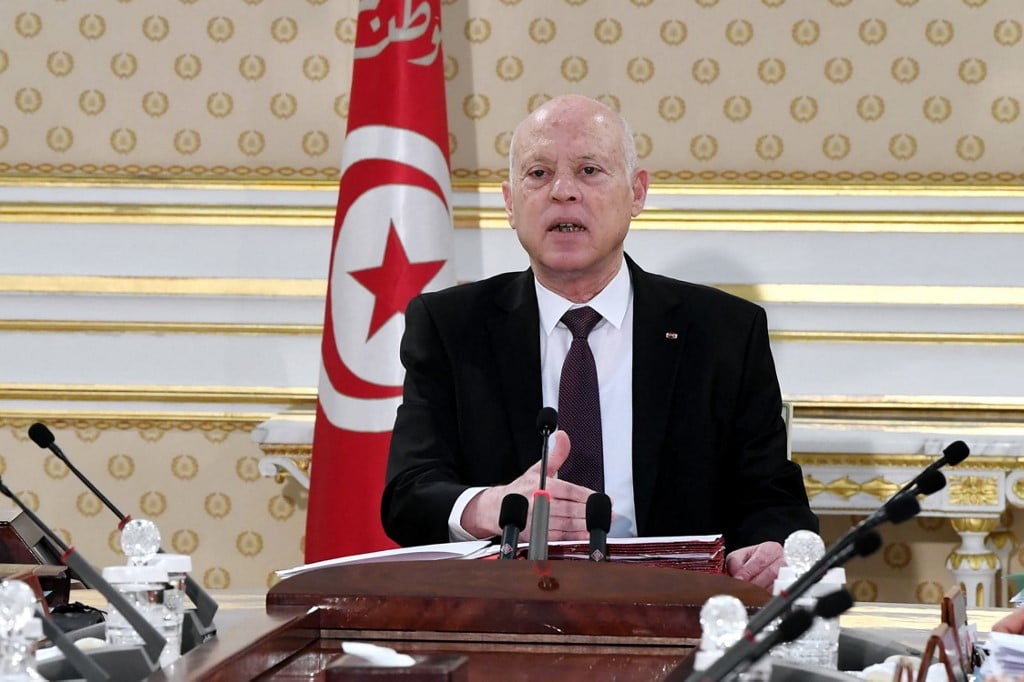
Tunisia has earned international praise for its fiscal management, successfully completing early repayments of its 2025 external debt while maintaining healthy foreign exchange reserves.
The World Bank highlighted the country’s control over its debt service ratio relative to gross national income, noting the effectiveness of its financial strategy despite a significant portion of short-term obligations.
By the end of September, Tunisia had repaid 125% of its scheduled external debt, exceeding the budgeted 8.469 billion dinars (approximately €2.5 billion).
Officials said this milestone—unprecedented in over a decade—was achieved without taking on additional external borrowing, underscoring the government’s focus on financial sovereignty.
“This performance reflects a clear commitment to self-financing and efficient tax revenue mobilisation,” government sources said.
The strategy, launched in 2021, aims to reduce dependence on international donors and strengthen economic resilience against external shocks, including energy price volatility and fluctuating financial markets.
Tunisia’s improved external sector contributed decisively to this achievement.
Tourism revenues have surged, remittances from Tunisians abroad continue to rise, and exports—particularly olive oil and mechanical products—have supported foreign exchange reserves.
As part of the repayments, the Ministry of Finance confirmed disbursements of 1.126 billion dinars (€332 million) to the International Monetary Fund, 815 million dinars (€240 million) to Afreximbank, and 159 million dinars (€47 million) to Saudi Arabia.
The repayments form part of a broader 2025 public debt management programme, which totals 18.2 billion dinars (€5.4 billion), including 8.5 billion for external debt and 9.7 billion for domestic debt. Interest payments account for 6.5 billion dinars, divided between 4.6 billion for domestic and 1.9 billion for external debt.
The European Bank for Reconstruction and Development (EBRD) also noted a significant improvement in the composition of Tunisia’s debt: the share of external debt in total public debt has fallen from 70% in 2019 to 50% in 2025.
Overall public debt is projected to reach 80.5% of GDP by year-end, down from 84% in 2024, reflecting a healthier balance between domestic and external financing.
Tunisia’s early repayments signal a determined push toward fiscal discipline, economic resilience, and long-term financial independence, setting a benchmark for other emerging economies.



